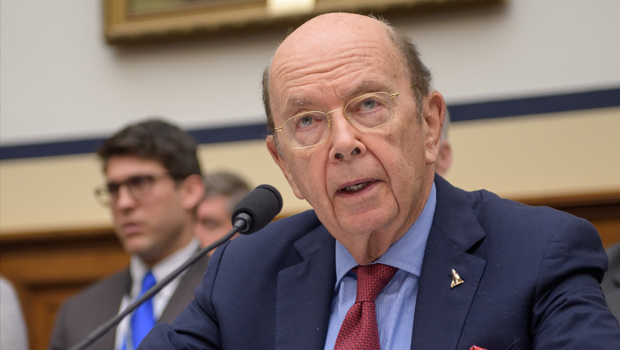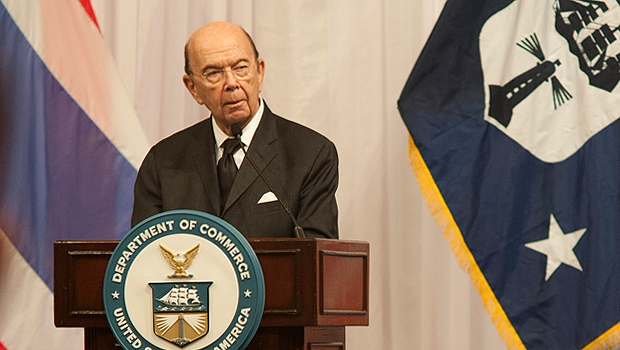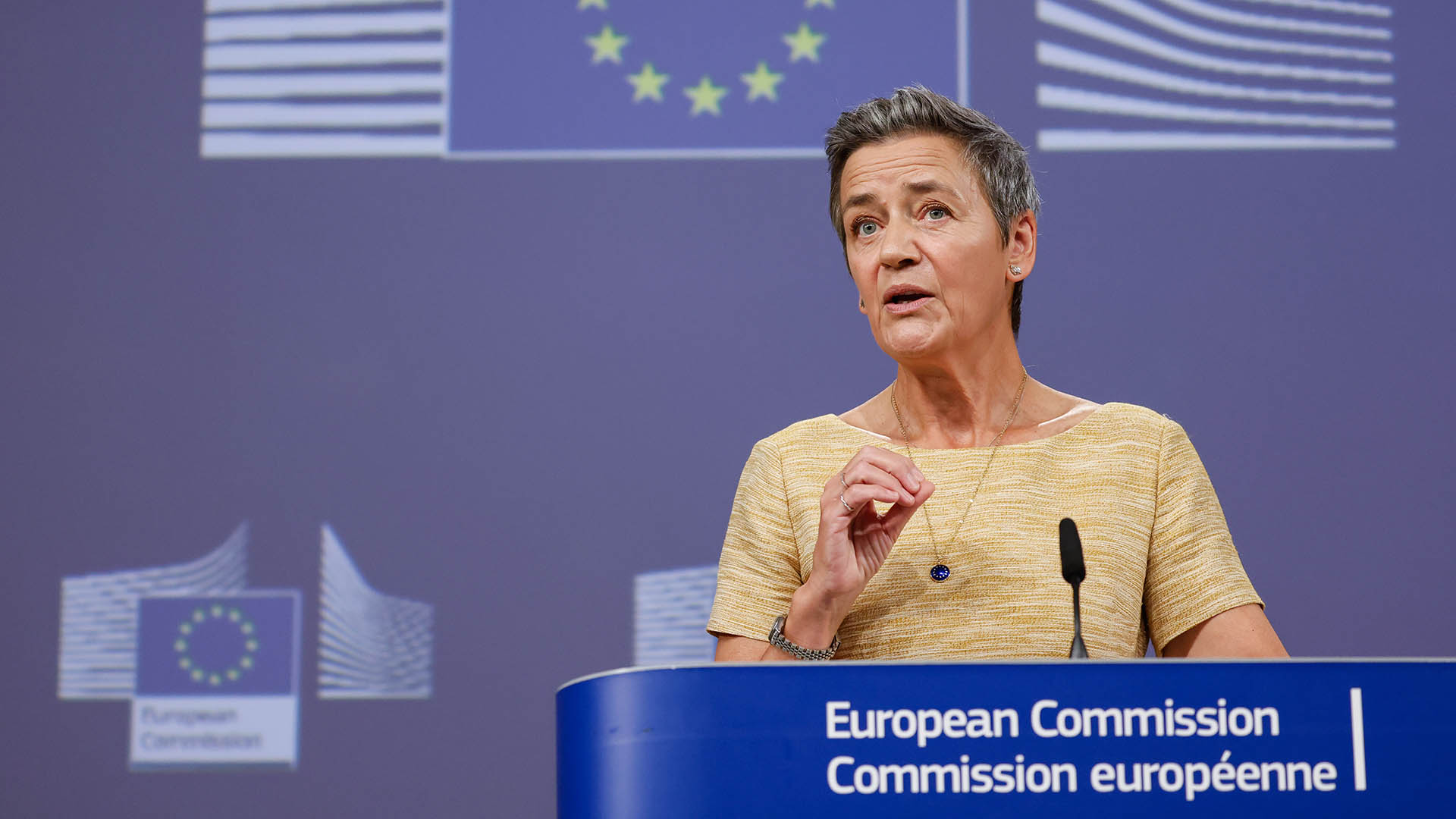U.S. Commerce Secretary Wilbur Ross has come under renewed attack after pledging to sell all his stock holdings following the release of an Office of Government Ethics letter blasting him for “omissions and inaccurate statements” in his ethics filings that threatened to “undermine public trust.”
Now, John Thune (R-SD), the chair of the Senate Commerce Committee and a member of the Senate Republican leadership, has become the first Republican to join calls for an investigation of Ross’ finances and ethics disclosures.
In a letter to Commerce Department Inspector General Peggy Gustafson, Thune requested that Gustafson review whether Ross’ missteps in complying with ethics rules “result in a violation of conflict of interest law.”
Your failure to divest created the potential for a serious criminal violation on your part and undermined public confidence.
The latest episode in Ross’ ethical travails began with the July 12 ethics office letter, which cited Ross’ violations of the ethics agreement he signed upon assuming his position in the cabinet. In his ethics agreement, Ross had pledged to divest from various stocks by Jan. 5, 2017. Not only did Ross fail to fully divest by that date, the ethics office found, but he traded some of those holdings.
“Your failure to divest created the potential for a serious criminal violation on your part and undermined public confidence,” wrote the ethics office’s Acting Director David Apol in his letter to Ross.
One of the most controversial assets that Ross held onto after taking office as Commerce Secretary was Navigator Holdings, a shipping company that specializes in transporting energy supplies. Among Navigator’s biggest clients was a Russian energy company with close ties to the Kremlin, a connection that was revealed by the International Consortium of Investigative Journalists (ICIJ) in the Paradise Papers.
Following the story, Ross said he would divest his remaining interest in Navigator Holdings. However, Forbes later reported that Ross had shorted Navigator stock days after ICIJ’s partners at the New York Times informed him of the upcoming story but prior to the story’s publication. Taking a short position on a stock is to bet that the value of a stock will decline, and Ross’ move raised concerns among ethics experts that he was profiting from inside information on the upcoming Paradise Papers revelations.
A lawyer for Ross later told the New York Times that his short sale of Navigator was intended to “eliminate the idea that he still held the shares” while he dealt with unresolved technicalities necessary to complete the divestment.
The ethics office letter related to other stocks that Ross pledged and failed to divest, such as Invesco Ltd. Ross stated publicly he would divest from Navigator after the revelations of its Russia ties, but did not commit to unloading it in his ethics agreement.
Responding to the ethics office, Ross said in a statement that he had made “inadvertent errors” in completing the divestitures required by his ethics agreement. To resolve the concerns raised by the ethics office, Ross said he would divest all of his equity holdings and put the proceeds into U.S Treasury securities.
Yet revelations regarding his ethical practices continue to mount. The following day, a report in Forbes magazine found that while serving as Commerce Secretary, Ross met with executives from numerous companies connected to his personal fortune, including several that he had not fully divested from.
On July 16, Sen. Ron Wyden (D-Oregon), the ranking member of the Senate Committee on Finance, requested that the Department of Justice open a criminal investigation into Ross’ financial transactions and disclosures. Wyden wrote to the Justice Department that Ross’ answers to questions about his financial activities “did not adequately justify the activities in question” and that the credibility of Ross’ explanation was “clearly undermined” by the findings by the Office of Government Ethics.
It is unclear whether Thune’s request to the Commerce Department Inspector General is intended to expand or limit the investigation of Ross. Thune’s letter emphasizes the initial conclusion of the Commerce Department’s ethics office that Ross did not appear to have broken conflict of interest laws, and stops short of the criminal inquiry sought by Wyden.
Nevertheless, by adding the voice of a powerful Republican committee chair to the calls for investigation, Thune increased the chances of a more detailed probe into Ross’ activities.
ICIJ has repeatedly asked the Commerce Department Inspector General whether it is investigating Ross, starting in November 2017 following the publication of the Paradise Papers. The Inspector General previously said that it was reviewing whether further action was necessary, but this time its response had a subtle but notable difference that suggested an investigation may be underway.
“It is the Office of Inspector General’s practice to not comment on open matters prior to their conclusion,” said Clark Reid, a spokesman for the Inspector General, in an email.







